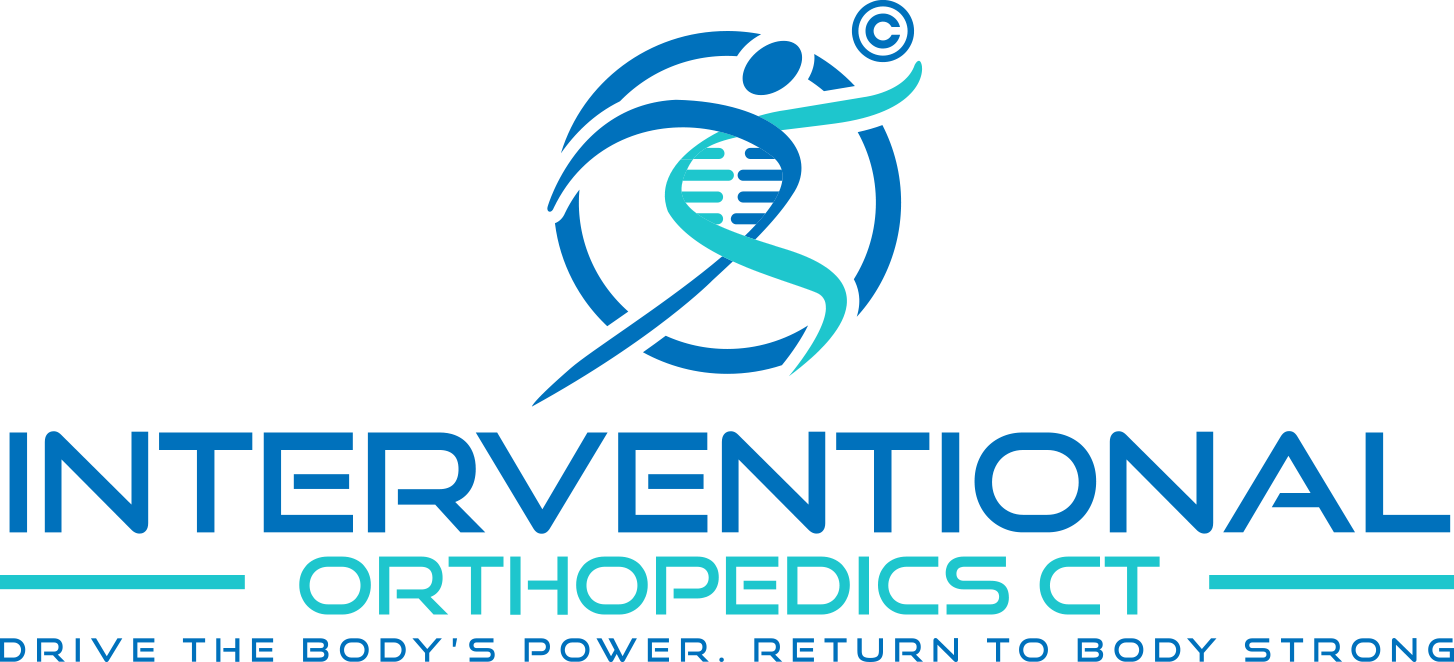Non-surgical regenerative orthopedics to help you regain function and reduce pain. Connect with us today!
Get StartedOrthobiologic Procedures for Knee Arthritis, Meniscus Tears, Tendon & Ligament Tears, Overuse Injuries and Other Conditions
Regenerative orthopedic procedures are non-surgical injection-based procedures for people suffering from knee pain due to common injuries to the knee Meniscus, ACL, MCL, and other structures, or who are experiencing degenerative conditions such as Osteoarthritis. These procedures utilize concentrated repair cells that are obtained from your own bone marrow or blood to promote your body’s natural ability to heal.
Traditional options for patients suffering from these conditions include arthroscopic knee surgery to repair ligament tears, meniscus, or total knee replacement. With those surgeries, months of rehab are required, and the patient must be aware of and prepared to take on the risks. As an alternative, regenerative orthopedic procedures are designed to help reduce knee pain and improve function with precise highly specific image-guided medical procedures.
Commonly Treated Knee Conditions
- Arthritis
- Meniscus Tears
- ACL, MCL, PCL, or LCL sprain or tear
- Knee Instability
- Patellofemoral Syndrome/Chondromalacia
- Pes anserine bursitis
- Baker’s cyst
- Patellar tendonitis
- Biceps Femoris Insertional Tendinopathy
- Hamstrings Tendinopathy
This is not a complete list, so please contact us if you have questions about whether you or your condition can be treated with these non-surgical procedures.
Your Alternative to Knee Surgery
Surgical options for those dealing with painful knee issues range from arthroscopic knee surgery to total knee joint replacement. Recent research has shown that some of the most popular arthroscopic surgeries, such as meniscectomy, provide little benefit to the patient. Knee replacement is extremely traumatic and carries risks of chronic pain and toxic wear particles entering the bloodstream. Surgical risks aside, all surgeries require months of painful rehab to regain strength and mobility. Most knee surgeries also accelerate the cascade of degeneration that leads to Osteoarthritis.
We have seen exciting results on difficult cases, such as complete muscle and ligament tears, and we have helped many patients with arthritis avoid knee replacement and continue to do the things they love with little or no pain. Most patients experience little downtime from their procedure and are encouraged to return to activity as they begin to feel better.
Your Physician will determine if you are, or are not, a Candidate for these procedures and recommend surgery if that’s what’s needed.
How Regenerative Procedures Work
Bone Marrow Stem Cell Concentrate Procedures

Bone Marrow Concentrate contains your own stem cells. These reparative cells, inherent to our bodies, reside in various tissues, primed to initiate repair when damage occurs. However, as we age or sustain significant injuries, our capacity to recruit these cells diminishes, hindering full restoration. The bone marrow concentrate procedure addresses this issue by extracting bone marrow from the dense cell population in the back of the hip, concentrating them, and precisely administering them into the injured area with advanced imaging guidance. The objective is to alleviate pain and enhance functionality by harnessing the body's innate healing capabilities. Our protocol for Bone Marrow Stem Cell Concentrate can effectively treat a broad spectrum of orthopedic conditions. Your Interventional Orthopedics CT physician will assess your condition and imaging to determine whether bone marrow stem cell concentrate or platelet-based therapy is optimal for your orthopedic needs.
Platelet Rich Plasma Procedures

Platelet Rich Plasma (PRP) procedures involve utilizing healing growth factors derived from your own blood to enhance your body’s innate repair mechanisms. This treatment has gained prominence, particularly among professional athletes, for its effectiveness in addressing joint, tendon, ligament, and muscle injuries. PRP injections stimulate the repair cells within the targeted area, intensifying their natural healing capabilities. Similar to other Interventional Orthopedics CT procedures, PRP procedures are conducted under advanced imaging guidance to ensure precise placement of cells in the intended location. Platelet procedures, or PRP, are frequently employed for soft tissue injuries, mild arthritis, spine conditions, and nerve-related issues.


